On May 26, 2015, Grand Challenges Explorations grants were announced for 43 researchers from around the world. Each will receive $100,000 to conduct early-stage research projects focusing on one of four global health and development challenges selected for this Round.
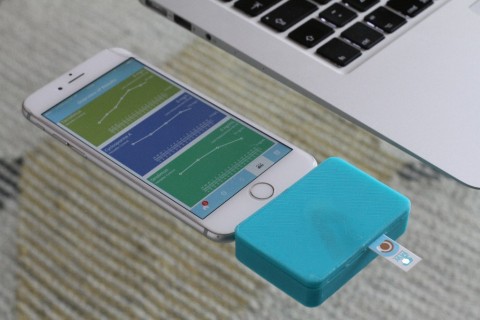
Kirill Alexandrov of the University of Queensland in Australia will develop a low-cost diagnostic that uses well-established glucose biosensors to detect DNA of infectious pathogens.
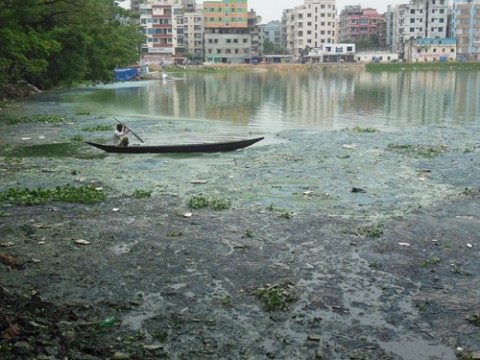
Martha Clokie from the University of Leicester in the United Kingdom will develop a bacteriophage to destroy the diarrhea-causing bacterium Shigella, and study its effect on microbial populations in the gut.
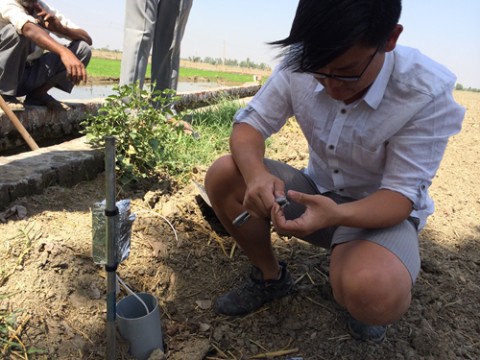
Ralph Lin of of Groundtruth, LLC in the U.S. will develop a new approach to more accurately measure rainfall across farming regions in developing countries so that insurers can make more informed and rapid decisions for paying out to small-scale farmers with insurance against seasonal crop loss.
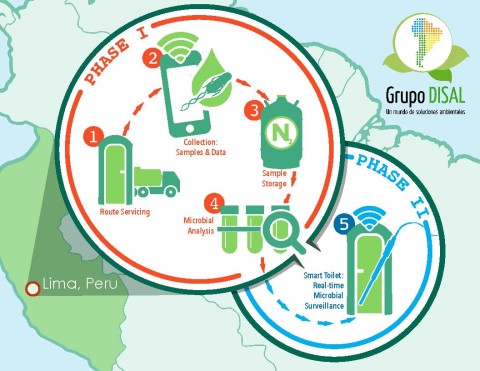
Francisco Diéguez from Disal in Chile will determine whether samples collected from portable toilets found across Pacific coastal regions in South America can be used to monitor pathogenic diseases and antibiotic resistance and help combat these major public health concerns.
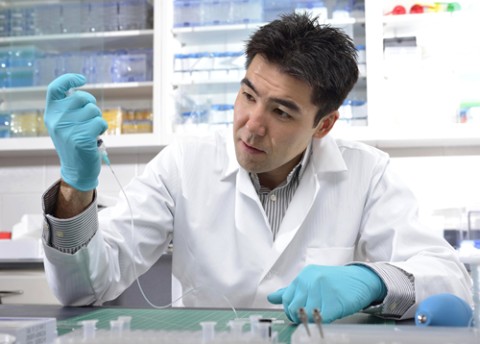
Peter Lillehoj of Michigan State University in the U.S. will develop a low-cost skin patch that can rapidly and safely detect malaria.
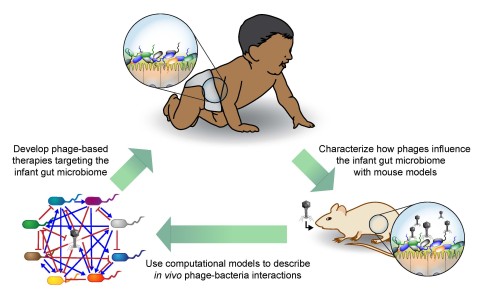
Bryan Hsu from Harvard Medical School in the U.S. will develop a mouse model carrying specific bacteria to mimic conditions in the infant gut for studying bacteria-infecting viruses known as phage, which could be valuable agents for treating infectious diseases and promoting child health in developing countries.
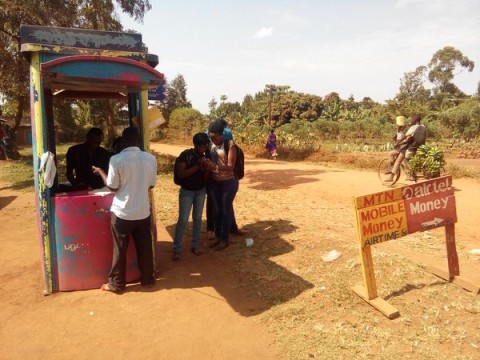
Tyler Radford from Humanitarian OpenStreetMap Team in the U.S. will partner with the local tech community in Uganda to develop web- and phone-based applications that enable individuals to locate their nearest financial services such as an ATM or mobile money provider, and help financial service providers identify the best locations to expand access across developing countries.
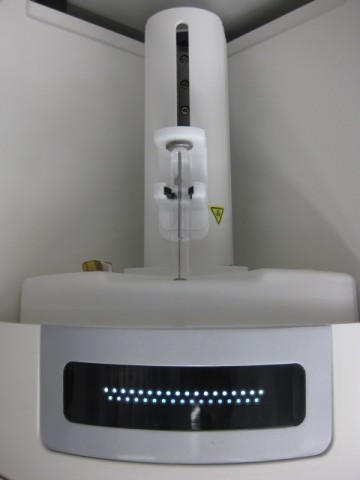
Tim Inglis from the University of Western Australia in Australia will develop a screening test that can be used in remote and low-resource settings to detect antibiotic resistance and ensure the right antibiotics can be prescribed.
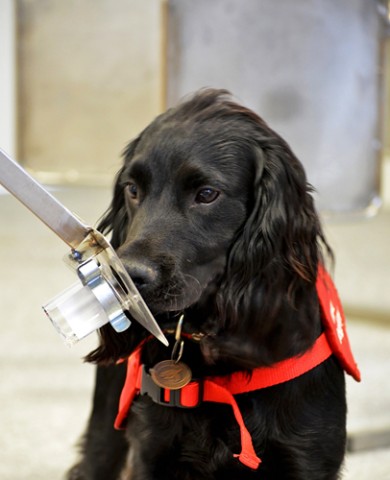
Steve Lindsay of Durham University in the United Kingdom will develop a non-invasive test to block the reemergence of malaria in disease-free regions by training dogs to identify specific odors that are released from people carrying the malaria parasite.
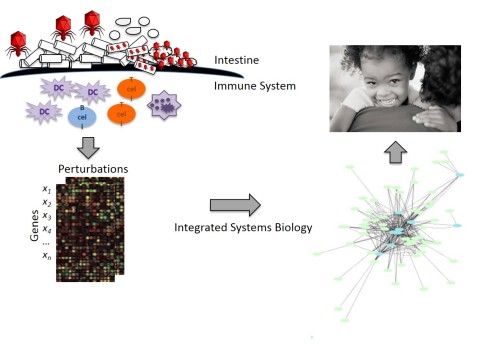
Diane Joseph-McCarthy of EnBiotix Inc. in the U.S. will use a systems biology approach incorporating gene, protein and metabolic data to computationally model the complex interplay between specific microbes in the gut and the host response, and the effect of phage, to enhance our understanding of pathogenic diseases and identify new treatments.
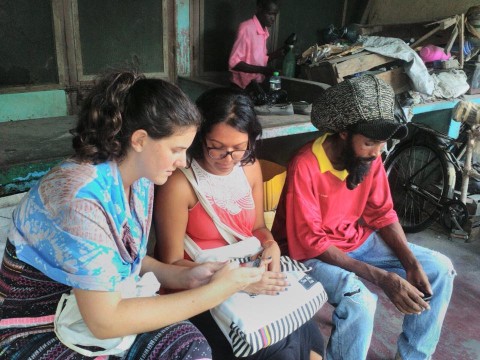
Julia Reichelstein of EFL Global Ltd in Bermuda will promote access to financial services for poor communities by producing a psychometric test for distribution by SMS that can identify dependable new customers and evaluate the risk of lending to them.
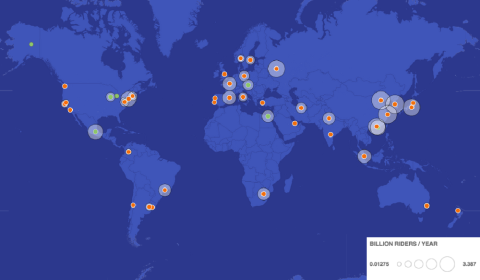
Christopher Mason of Weill Cornell Medicine in the U.S. will generate a global map of antimicrobial resistance by using biochemical and computational methods on available samples taken monthly over one year from 24 developed and developing cities across six continents. Each city will be sampled from both high-density (e.g. train stations) and low-density (e.g. parks) areas.
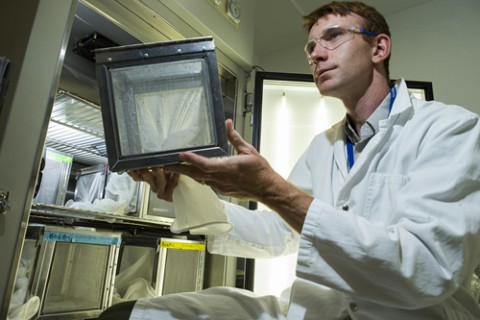
Ian Cockburn from the Australian National University in Australia will test two approaches to improve vaccines by increasing competition for the vaccine antigen by immune cells and prolonging the survival of those immune cells.
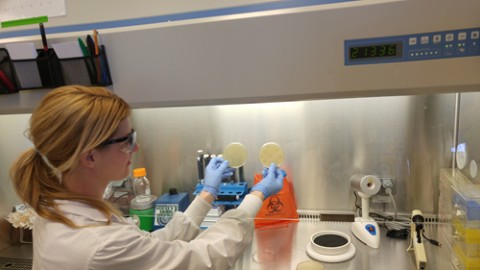
Reza Nokhbeh from the Advanced Medical Research Institute of Canada in Canada will genetically engineer phage that infect pathogenic Escherichia coli bacteria to express proteins and short RNA molecules that block multiple bacterial functions and thereby stop it from colonizing the human gut and causing disease.
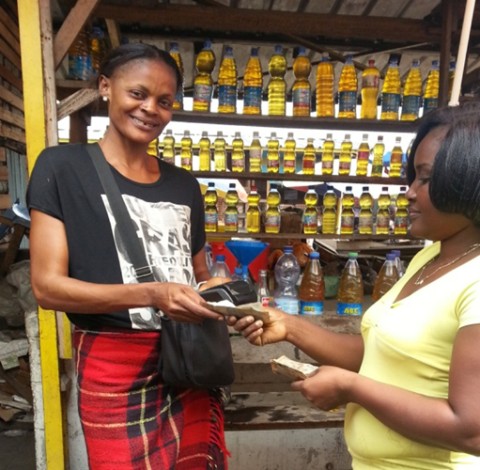
Rupert Scofield from FINCA International, Inc. in the U.S. will promote financial inclusion in the Democratic Republic of Congo by partnering with First Access and mobile network operators to build a credit-scoring model for individuals based on mobile phone usage and financial data.
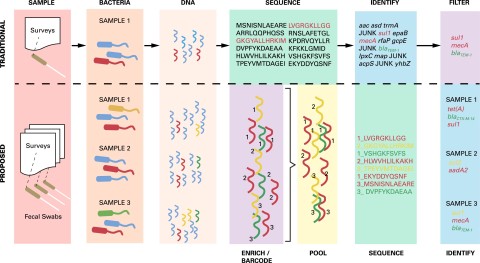
Timothy Julian of Eawag in Switzerland will develop a low-cost approach to monitor the development of resistance to antibiotics, which is a major public health concern.